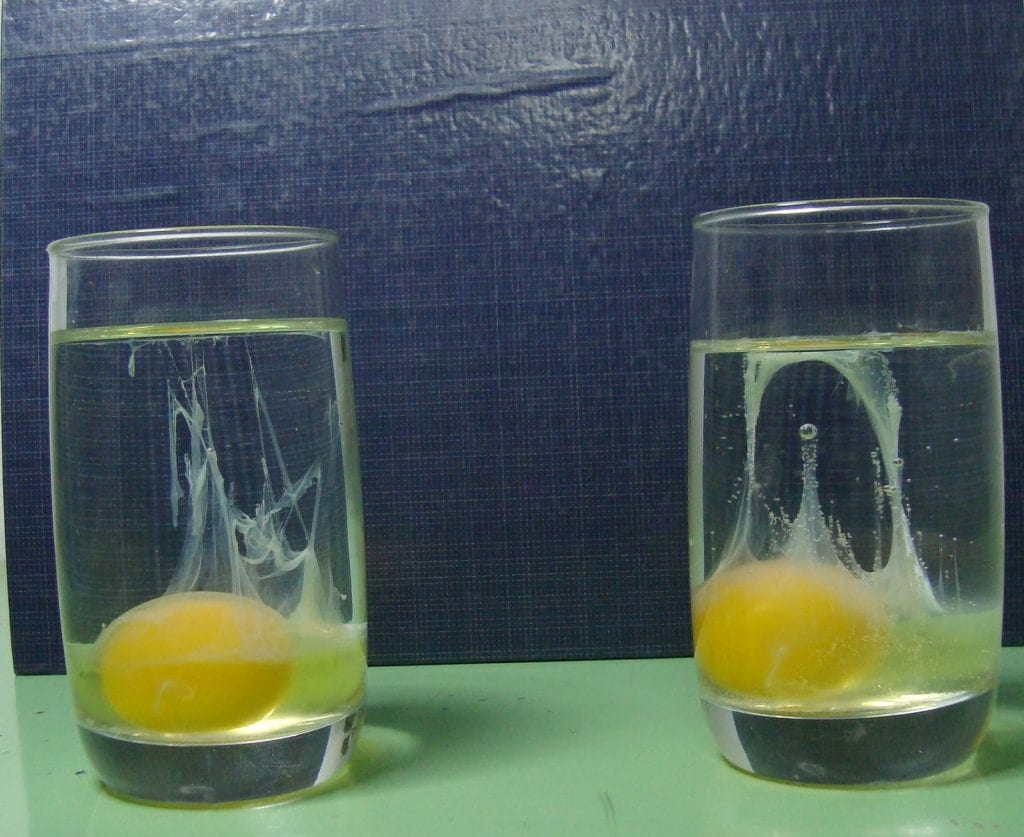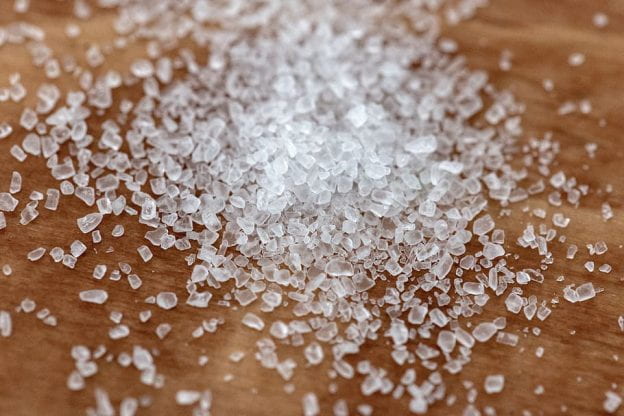Title: Mamemaki
General Information about Item:
- Ritual, Holiday
- Language: Japanese
- Country of Origin: Japan
- Informant: DP
- Date Collected: 11-14-21
Informant Data:
- DP was born in 1999, in Southern, VA, where he has lived all of his life. He is half-Japanese, his father having immigrated to the U.S. in the late 1990s from Japan. However, it was his paternal grandparents who primarily taught him about Japanese culture and rituals.
Contextual Data:
- Cultural Context: In Japanese folklore, the Oni are evil demons, trolls, or ogres who are born when evil people die and are transformed into these evil creatures. Usually large and ugly, and both strong and capable of shape-shifting. While the Oni vary in size and color, they are all malignant, often seeking to murder people or wreak havoc such as war, disease, or famine.
- Social Context: QC learned about the tradition when QC reached out to DP about his cultural traditions involving defenses against supernatural creatures. DP learned about the holiday through his grandfather, who, while he didn’t believe in the Oni, thought the tradition was an enjoyable one and important to the culture.
Item:
- Every year during the Setsubun holiday celebrating the end of winter, a family would roast soybeans and throw them at a person wearing a mask to represent the Oni while shouting “Oni wa soto! Fuku wa uchi!” and chase them out of their home. This ritual would help cleanse the house of evil spirits for the upcoming year.
Associated file (a video, audio, or image file):
Informant’s Comments:
- Not something his family did often but still remembers it being fun.
Collector’s Comments:
- I found this ritual to be a uniquely fun and simple way of driving out evil spirts: by simply throwing them at them until they leave.
Collector’s Name: Quinn Calhoun
Tags/Keywords:
- Ritual
- Holiday
- Japan
- Oni
- Setsubun






